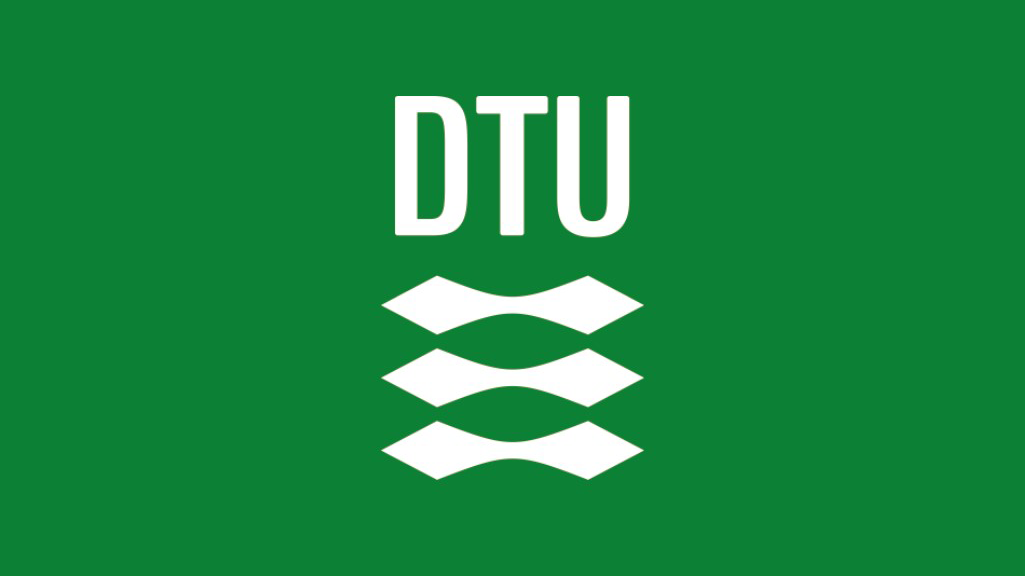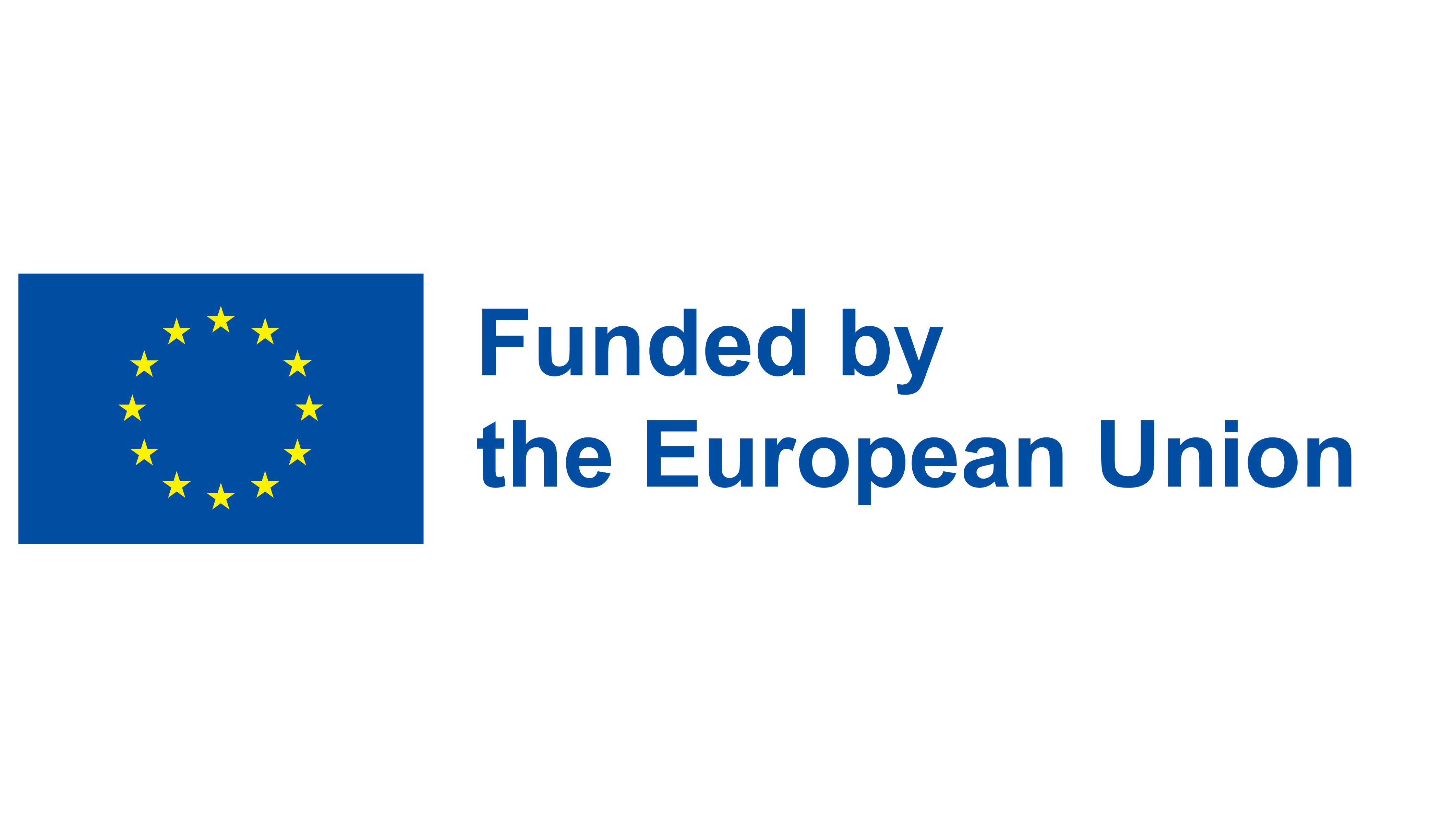The project includes building a large-scale industrial demonstration plant in Spain, to further develop and scale technologies that will transform rotor blades waste into new circular building solutions, such as concrete, aggregates or dry mortars among others. The recyclates from blades will serve multiple purposes in the construction industry and simultaneously reduce the amount of virgin materials needed.
By 2030, the European on-shore and off-shore wind energy market is expected to increase by approximately 40%. With few commercially viable recycling options available today, blades are at the risk of being sent to landfills at the end of their (20-25 years) service life. Although the wind industry constitutes a small portion of the total composite waste projections in Europe for 2050, wind manufacturers and developers are adamant about solving this challenge. This is evidenced by their voluntary endorsement of WindEurope’s 2025 European landfill ban. Viable recycling solutions could avoid annual waste of 2 Mt in Europe and 21-70 Mt Worldwide.
The newly launched EU-funded project Blades2Build, will explore circular options for decommissioned blades as well as for blades manufacturing waste, where it is estimated that approximately 25% of materials used for blades manufacturing is discarded as waste.
“It is crucial that we find sustainable, easy-to-implement, and economically viable methods for recycling wind turbine blades and manufacturing waste in order to reduce waste of resources and emissions,” says Senior Researcher Ana T. Lima from the Technical University of Denmark. She is the coordinator of the Blades2Build project that brings together a consortium of 14 world-leading industrial partners and cutting-edge European research institutions to develop innovative solutions for managing wind turbine blades waste.
Large-scale demonstration plant
The recycling, repurposing and reuse of wind turbine blades is challenging for several reasons. One is that the blades, typically made of glass or carbon fibers, are difficult and expensive to process, due to their complex physico-chemical structure. Another challenge is the dismantling and transportation of large decommissioned structures.
The Blades2Build project will evaluate and demonstrate at large scale, potentially sustainable, easy-to-apply, and economically viable ways to recycle, repurpose, reuse and recover wind turbine blades and related materials.
By establishing a large-scale demonstration plant in Spain, the project will lead to a significant reduction of composite waste being sent to landfill. Additionally, the project will explore circular strategies to preserve resources and extend the life of manufactured composite components in related industries. This will contribute to a positive transformation of the energy landscape with a higher penetration of renewable energy sources, leading to a substantial reduction of greenhouse gas emissions from the energy sector, thereby contributing to the goals of the EU Green Deal.
Knowledge hub for stakeholders
Blades2Build also aims to establish a knowledge hub connecting several stakeholders within the wind energy sector, including policymakers, NGOs, end-users, service providers, industrials, etc. to ensure collaboration and knowledge exchange around the optimization of composite recycling technologies, systems, and standards.
FACTS
About the project
The Blades2Build project is funded by the European Union through the European Commission call HORIZON-CL5-2022-D3-01-02 - Demonstration of innovative materials, supply cycles, and recycling technologies to increase the overall circularity of wind energy technology and to reduce the primary use of critical raw materials. The project will run for three years starting in January 2023 and will leverage collaboration between multiple industrial partners and leading European universities across eight countries in Europe.
A consortium of 14 partners
Blades2Build project consists of 14 partners coordinated by the Technical University of Denmark - DTU (DTU Sustain, Ana Teresa Lima). In the project, ACCIONA CONSTRUCCION will lead all the construction materials upscaling and process development activities, while partner HOLCIM will be responsible for the testing and scalability of circularity frameworks and will support the development of Circular Building Solutions. LM Wind Power and GE RENEWABLE ENERGY will bring expertise on circularity, and wind park management and will support the scaling up of circular solutions for decommissioned blades and blade manufacturing waste. Partners NTUA, TUE and RWTH will focus on lab-scale testing and characterization tasks and recycling technologies, while ELDAN and RWTH will deal with composites processing and RWTH will also deal with the environmental impact of newly developed building materials from wind blade waste. RENAO will ensure in Blades2Build the overall coordination for preparing and assessing the demonstration phase while partner PZGR will be responsible for the construction, commissioning, and operation of a recycling/valorization plant, supported by PZE, whilst ENDESA will play the key role of the GO/NO-GO decision. Lastly, the RWTH team will assess environmental impacts and economic viability at product and plant levels, and GCS will be leading all efforts related to communication, dissemination and exploitation, and the development of the Knowledge-Hub.
Participating Organizations and Locations
- Technical University of Denmark – DTU, Denmark
- ACCIONA CONSTRUCCION SA – ACC, Spain
- HOLCIM INNOVATION CENTER SAS – HOLCIM, France
- LM Wind Power – LM WIND, Denmark
- R-Nano Lab, National Technical University of Athens – NTUA, Greece
- Eindhoven University of Technology – TUE, The Netherlands
- RWTH Aachen University – RWTH, Germany
- Renao Danismanlik Limited Sirketi – RENAO, Türkiye
- CESPA GESTIÓN DE RESIDUOS SA – PZGR, Spain
- ENDESA GENERACION SA – ENDESA, Spain
- PREZERO ESPANA SA – PZE, Spain
- GE RENEWABLE ENERGY – GE, France
- Global Consulting Sustainability – GCS, Norway
- ELDAN RECYCLING AS – ELDAN, Denmark
For more information about Blades2Build project and involved partners, you can visit our website.
The project is funded by the European Union.![]()
![]()
![]()

